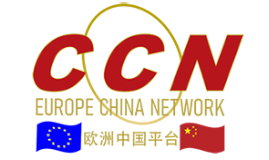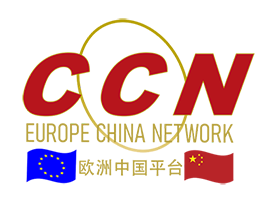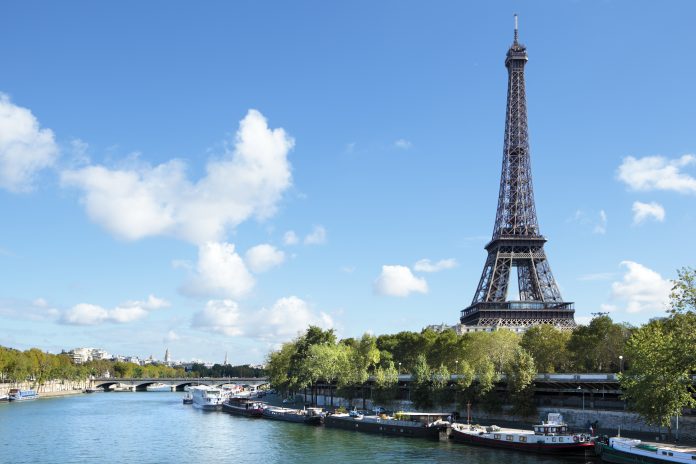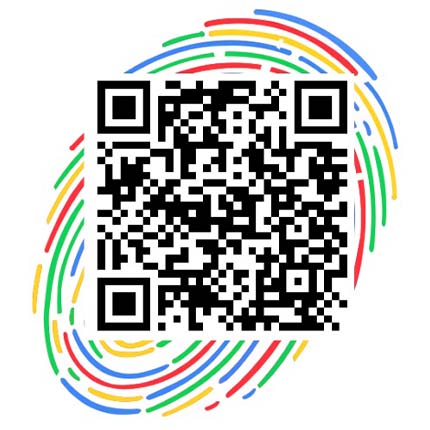VALUES
The European Union is first and foremost a set of values that allow us to live together, despite our different languages, cultures, religions and customs.
It’s not easy for the approximately half a billion people who live in the EU to understand the people in their neighbouring countries or countries that are further away.
The values of solidarity, tolerance, freedom and equality, and respect are important if we want to live as a society.
Showing solidarity means being willing to help one another; being tolerant means recognising that people can live and think in different ways.
These common human values allow us to come together and feel part of the common project that is the European Union.
Long live peace!
In 2012 the European Union was awarded the Nobel Peace Prize. It decided to use the prize fund to help children who haven’t had the chance to grow up in peace. So far, thousands of disadvantaged children have benefited from educational programmes.
ECO-CONSUMPTION
EU citizens are also consumers who buy all sorts of products and services for their basic needs or for pleasure.
We are all responsible for looking at what we’re using and how we’re travelling. When we make good choices and carry out small eco-friendly actions in our daily lives we are supporting sustainable development.
The European Union uses many different actions to encourage the 27 Member States to apply sustainable policies that benefit all the people of Europe and of the world.
What is sustainable development?
Sustainable development is a more respectful way of consuming: we meet our current needs but think about those who will come after us. It’s important to leave behind a clean planet for our children. Sustainable development takes into account the environment, the economy and life as a society.
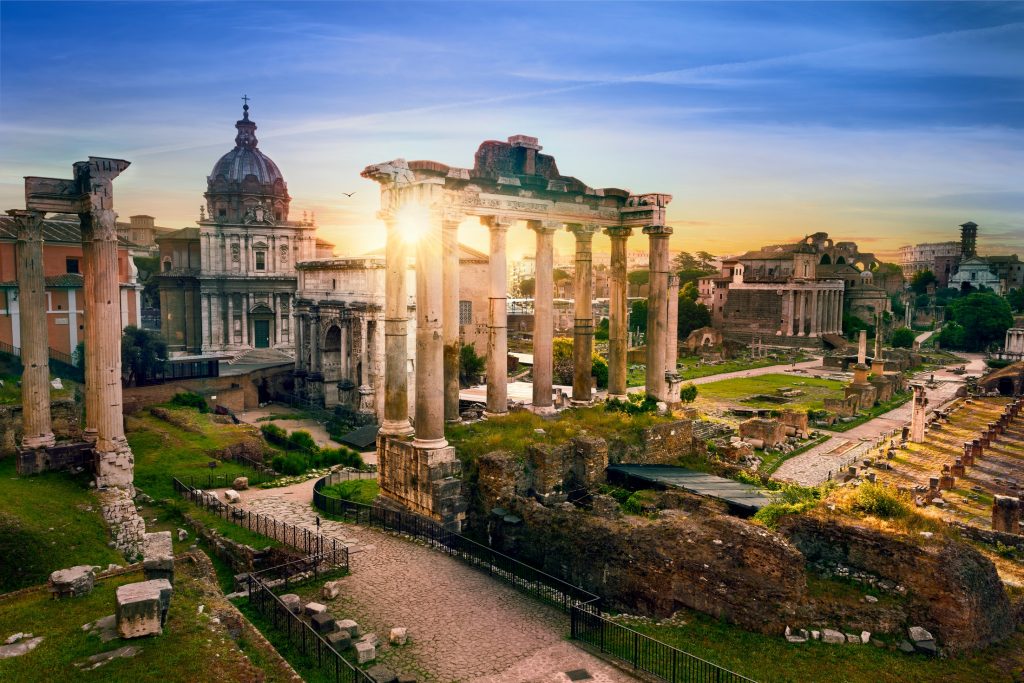
ENVIRONMENT
In order to live happily together, it’s important to take care of our environment: water, air, plants and animals. Human activities sometimes upset the balance of nature. So we have to change some of our behaviour. The European Union works to prevent pollution and global warming.
Global warming
Every person in the EU throws more than a kilo of rubbish in the bin every day. And there are around 446 million of us!
Thankfully, we have been recycling lots of products for years: plastic bottles, cans, glass, paper and cardboard. Through this simple action we are helping to fight pollution.
ENERGY AND CLIMATE
Pollution has no borders. Every second on our planet a patch of forest the size of a football pitch is destroyed to make wood or paper. This pollution is destroying the earth’s ‘green lungs’ and producing too many greenhouse gases.
Greenhouse effect
The sun’s rays travel through our atmosphere and heat our planet. But, like in a greenhouse where we grow plants or vegetables, some of the sun’s rays don’t leave the earth. This natural phenomenon is called the greenhouse effect.
Green lungs
Thanks to chlorophyll, green plants absorb greenhouse gases and release oxygen. Humans, like cars, do the opposite: they take in oxygen and expel CO2, or carbon dioxide. It’s this gas that is most to blame for the greenhouse effect and global warming. So we do the opposite of plants. And when we destroy these plants we’re destroying the green lungs that give us oxygen to live.
Protecting nature
The entire world is affected by the environment and the climate. Europe does not have a lot of oil or natural gas. So it has to do everything it can to produce renewable energy. The EU countries have agreed that by 2030 they will:
- reduce greenhouse gases by 40 %;
- reduce energy use by 32.5 %;
- produce at least 32 % of their energy from renewable sources (wind, solar or marine energy, etc.).
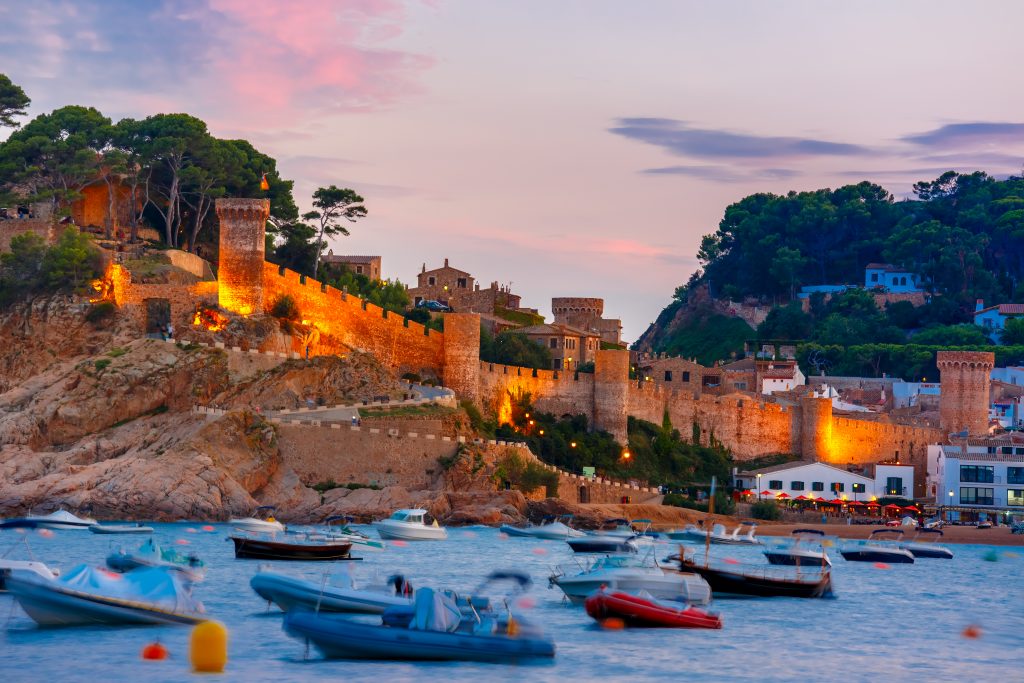
FARMING AND FOOD
Eating well means eating a little of everything to satisfy our hunger, no more and no less. So ideally our farmers and breeders would produce a large range of foods, and enough to feed everyone.
Brief history of the common agricultural policy
In 1957 the six founding countries — Belgium, France, Germany, Italy, Luxembourg and the Netherlands — decided that there would be no more hunger in Europe. In 1962 they launched the CAP — the common agricultural policy.
The aim was to produce enough food for everyone and to ensure that farmers could make a living off their land. European farmers received financial aid and could produce as much as they wanted. But because they produced so much, there were thousands of tonnes of food that nobody wanted to buy. What a waste!
Better farming since the 1980s
Since the 1980s farmers haven’t been able to just produce whatever they want, however they want. High-quality food is the rule now. There are also rules to ensure that animals are better treated. Europe encourages its farmers to get involved in other activities. For example:
- Have you heard of agritourism?
- Have you ever visited a farm?
- Have you ever bought food directly from a farm?
Today we have a varied and high-quality diet
Nowadays farmers and food shops have to put logos and labels on the packaging of ‘farm to fork’ foods. The labels tell us how the food is made and show its ‘use by’ date.
For example, eggs always have a code that tells you the country where they were laid and whether the hens lived outdoors or in a cage.
NO MORE JUNK FOOD!
More than half of all adults in Europe are overweight. If nothing is done, Europe will face a real epidemic by 2030. Children are also affected: in 2018 one young person out of seven in Europe was overweight or obese.
How can we get rid of junk food?
Some schools have decided to ban hamburgers, chips, pizzas and fizzy drinks. Under the European school fruit scheme pupils are given free fruit and vegetables, and are encouraged to adopt healthy eating habits.
To eat healthily we need five portions of fruit and vegetables a day.
It might seem like a lot, but it is possible!
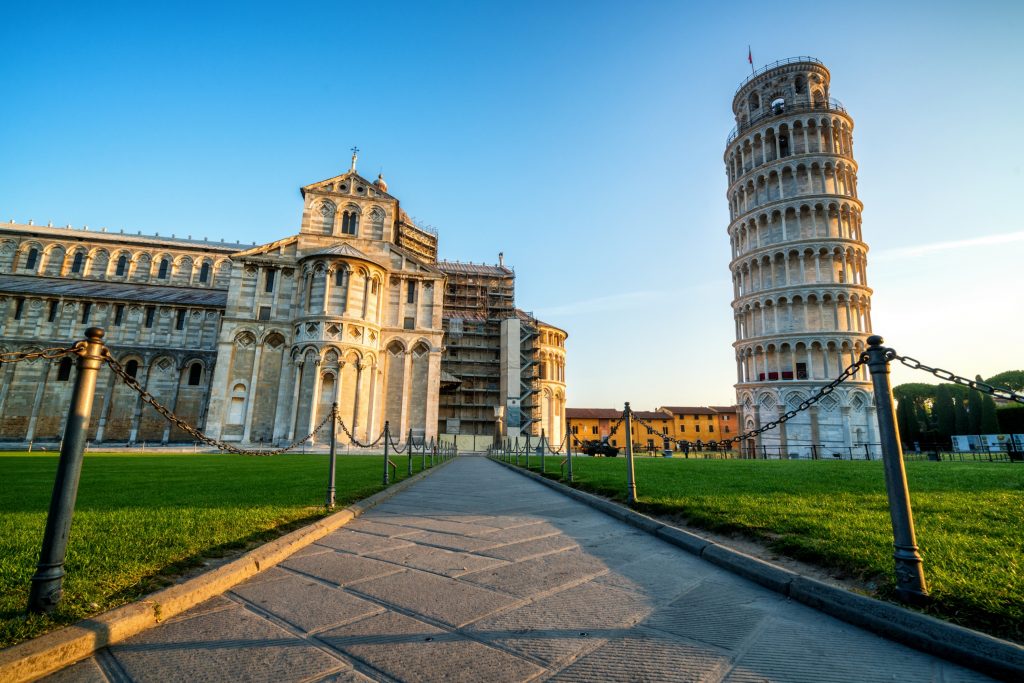
- It’s your birthday soon! Describe or draw your dream meal … and do not forget to include the five portions of fruit and vegetables you need for a healthy diet.
CULTURE
Do you know what ‘culture’ is?
Culture is the expression of our way of life. Culture reflects the diversity of our traditions, our customs and our values. It encompasses the languages we speak, arts and arts venues, the architecture of our buildings, education and a whole range of other things.
Discovering our own culture and the culture of others allows us to better understand one another and better live together.
Creative Europe
The European Union supports the development of many cultural and audiovisual sectors in the 27 Member States. Its aim is to raise awareness of talented creators in EU countries and to create numerous jobs in every cultural sector: cinema, TV, computer games, museums, music, books, etc.
- Reveal your inner artist! Think of all the cultural sectors you are aware of and draw your favourite.
IT SECURITY
Thanks to the internet you can play online, listen to music and search for videos and information to help with your homework. It’s also great to be able to chat with your friends or share your photos.
Social networks such as Instagram allow you to stay in touch with friends, keep up to date with family, take funny photos and sometimes make new friends. People often think that the more friends they have, the more ‘popular’ they are.
Popularity or privacy?
It’s important to follow one rule of caution at all times: never give out very personal information to new ‘friends’, and especially not to people you hardly know. You have to protect what is known as your ‘privacy’. And the privacy of your close friends and family, too.
EUROPE IN THE WORLD
Aid for poor countries
As we’ve seen, one of the European Union’s key values is solidarity. One example of this is the fight against poverty, which still affected one out of every five Europeans in 2018.
And we’re not the only ones in the world. Did you know that around 1.5 billion people live on just 1 euro a day? Many countries in Africa, Asia and Latin America are victims of this kind of poverty. There are still too many people on our planet who don’t have access to drinking water, healthcare or education. It’s our duty to act!
Together, the EU and its Member States provide more than half of all global aid.
Humanitarian aid
Every year around the world, millions of people are affected by natural disasters, conflicts and wars.
The EU’s humanitarian aid saves lives and provides food, shelter, medicine and drinking water to people in need. It is used to support families who have to leave war-torn countries and to rebuild buildings that have been destroyed.
https://op.europa.eu/webpub/com/europe-better-together/en/EUROPE_Living_together.html#VALUES


